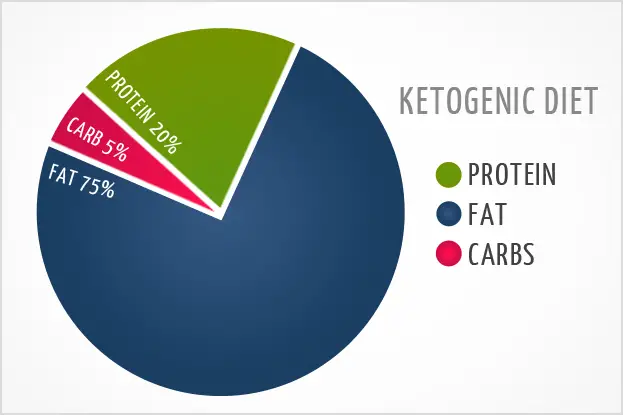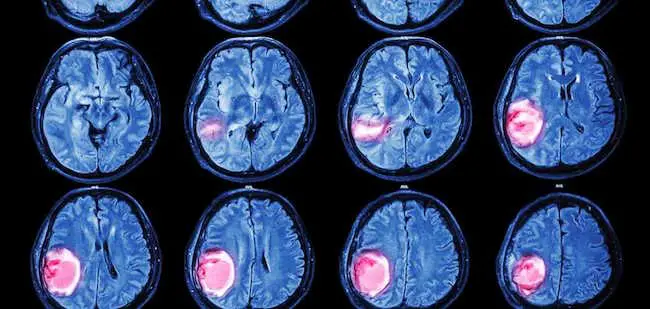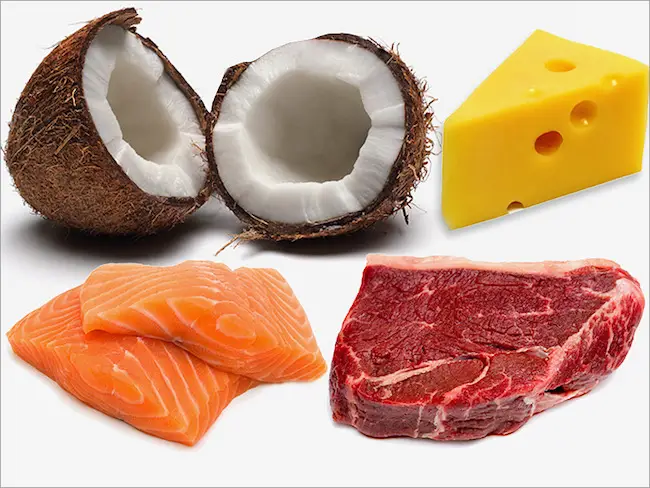Medically review by Kim Langdon

The low-carb approach is surrounded by controversy, but the more and more we study its effects on the body, the more convincing its "superpowers" become.
Overall, it's not a one-size-fits-all approach, even when it comes to weight loss.
Shedding pounds is easily the ketogenic diet's most reputable identifier as the body adapts to becoming what one might call a fat burning machine.
It's also been touted as an effective treatment for epilepsy and mood disorders such as depression and bipolar disorder.
As researchers continue to delve into the benefits of the ketogenic diet, we're finding more about the good link between keto and cancer. Is this the ultimate cancer fighting diet?

What we do know
Sugar is the enemy.
We already know sugar is deemed as the "root of all evil," and we're all about lessening the amount we take in even if we're not demonizing the sweet stuff.
When you adapt to a ketogenic diet, you eliminate any issues caused by sugar including fueling cancer via fermentation.
Tumor cells cannot effectively use ketone bodies (produced by following a ketogenic diet), so they'll reach for sugar as fuel.
When you don't have any of that either, they'll presumably begin to die off.
To simplify this explanation, think of the link between keto and cancer as similar to the link between keto and weight loss.
When our bodies reach for alternative fuel and it finds fat instead of glucose, that's what it uses.
Sweet deal, right? Just don't feed cancer cells what they want!

It's suitable for advanced cancer patients. While terminal illness and late stage cancer isn't something we have a cure for, the ketogenic diet can improve quality of life, especially under the severe stress that a grim diagnosis brings on.
In one study, keto was shown to have potential to increase quality of life and blood parameters in some patients with advanced metastatic tumors. There were no adverse side effects reported.
Works for malignant brain cancer. Brain tumor cells are amongst the most highly dependent on glucose, so a calorically-restricted ketogenic diet has been linked to decreasing the growth of tumors by up to 65% according to this study.
That's some serious shrinkage!
Calorie restriction - often implied by eating high fat, low carb diets due to satiation - is vital to this study's success, so keep that in mind.

Keto can supplement radiation.
In a study that involved mice with lung cancer, a ketogenic diet resulted in slower tumor growth when combined with radiation treatment.
This is likely attributed to oxidative stress on the tumors.
Keto can be preventative.
Not only has the cancer fighting diet been studied in terms of already affected patients, but a ketogenic diet can potentially prevent development of cancer cells and tumors in the first place.
If we think of cancer as a metabolic disease, we can avoid cancer by creating the optimal metabolic state within our bodies.
It may sound complicated, but regarding keto, this simply means balancing out the ketone to glucose ratio which you can easily test at home with ketone strips.
The ideal ratio is 50:50 or less glucose than ketones.

The major points here are...
- Most studies done not only focus on a ketogenic diet, but calorie restriction. This could be a key role in using diet to treat cancer. Dr. Seyfried, who has studied keto as a cancer fighting diet extensively, explains:
"It was more or less related to the total consumption of calories. Most calories boil down to glucose. Proteins will be metabolized to glucose. Carbs are metabolized to glucose; fats are not... We don't get any therapeutic benefit either in epilepsy or cancer when we allow the animals or people to eat as much of these high-fat diets as they want. We get no therapeutic benefit."
- Minimising blood glucose levels is the basis for these studies. The ketogenic diet ensures that blood glucose decreases as ketones increase.
- The main theory being tested amongst humans and animals with various types and stages of cancer is starving the cancer cells. When they don't have anything to feed on, we can see significant drops in tumor growth and even shrinkage.
So, is it worth a shot? It may very well be. The ketogenic diet has therapeutic benefits in terms of tumor growth, terminal illness, and overall quality of life while ill. We look forward to more thorough studies and conclusions as time goes on. If you want to learn more about cooking low-carb, check out our top picks for the best ketogenic cookbooks.
This article was fact checked for accuracy by Dr. Kim Langdon, MD. As always, this is not personal medical advice and we recommend that you talk with your doctor.
References
Kimberly Langdon M.D. is a retired University-trained obstetrician/gynecologist with 19-years of clinical experience. She delivered over 2000 babies to mothers in a suburban Midwestern community.

